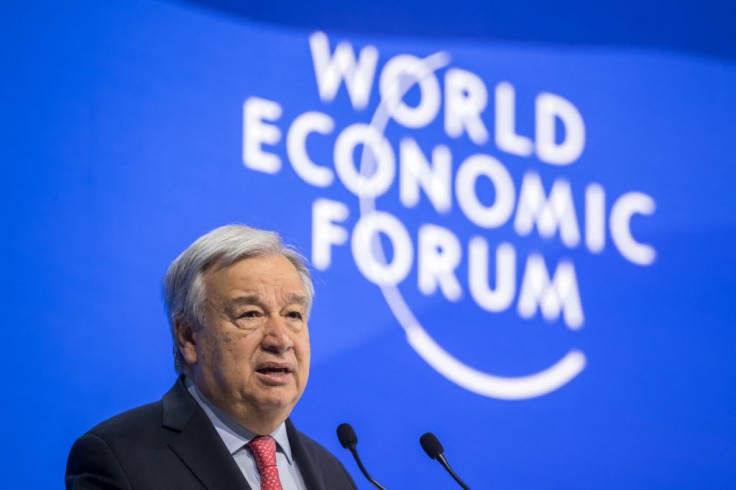Big Tech companies might just be disregarding human rights, personal privacy, and the social impact of their decisions amid their goals to profit from AI, according to the United Nations chief.

UN Secretary-General António Guterres warned world leaders and business sectors of "serious unintended consequences" that come with the rapid AI development.
Guterres cited the recently released International Monetary Fund study stating that at least 40% of the total jobs in the world are "exposed" to the AI impact.
Guterres did not name any country or company in his speech but said he is "outraged" by the institutions pursuing their "own narrow interests" regardless of the shared common good.
The secretary-general urged reforms on "global governance to manage geopolitical tensions during a new era of multipolarity."
Among the attendees of the forum are leaders of the top AI firms in the industry, including OpenAI's Sam Altman and Microsoft CEO Satya Nadella.
Also Read : AI Revolution to Worsen Job Inequality, IMF Says
WEF Leaders Highlights Risk, Advantages of AI Revolution
Guterres is among the multiple leaders who spoke about AI regulations during the annual World Economic Forum in Davos, Switzerland.
The machine learning technology took the spotlight on the forum amid growing concerns on its applications, limits, and vulnerabilities.
With a third of the world going to election polls this year, topics about AI-powered misinformation took center stage for political technologies.
Only a few countries have yet implemented new laws regarding the potential harm brought by automated society to politics, economy, labor, and information accessibility.
The issue is noted to becoming more prevalent in developing countries where the concept of AI is still new.
Related Article : Silicon Valley Moves to Regulate 'Emerging Risk' of AI
Big Techs Push for AI Regulation
Following Guterres's speech, Nadella welcomed the idea of global coordination to agree on a unified set of standards for AI use.
The CEO remains "hopeful" and "optimistic" for the future of AI despite the "unintended consequences" that the new technology may bring.
Microsoft has been one of the companies that first jumped into the AI trend, pouring billions of dollars of investment to OpenAI, the creators of ChatGPT and DALL-E.
Both companies are currently facing several copyright infringement cases for allegedly using licensed content to train their AI models.









